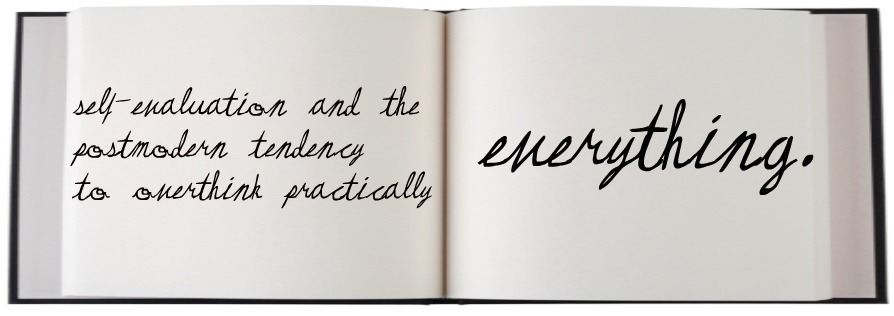I've been working hard on my PhD applications, to get them done by the end of November. This includes a writing sample, statement(s) of purpose, and the usual online application business. The reason this pertains to our class, and my thesis, is that I'm using what will become my thesis for the writing sample. So while I don't have a really strong proposal at the moment, I have something of a draft. And I'm pretty happy with it. It's 14 pages in its current state before the conclusion which I've yet to write. I think I could stretch it to maybe 18-20.
So I'm trying to figure out whether I can actually get to 40-60 pages without obfuscating the argument or convoluting the flow. I'm thinking of what I talked to Dr. Christie about in our conference... Maybe I can add a second part (or a first part, and have this be the second part), where I give more theoretical context ("Spatial Theory" is the term we were looking for, Dr. Christie.) Then I could close by tying my arguments on Emily Dickinson into the body of that theoretical conversation.
Is this a good idea, or will it make my thesis too broad? I feel like I'd be at my absolute limit at 25 pages with the argument I'm interested in making. Any suggestions on how to enhance the argument by taking it in another direction without taking on too much or losing the focus on Emily Dickinson?
